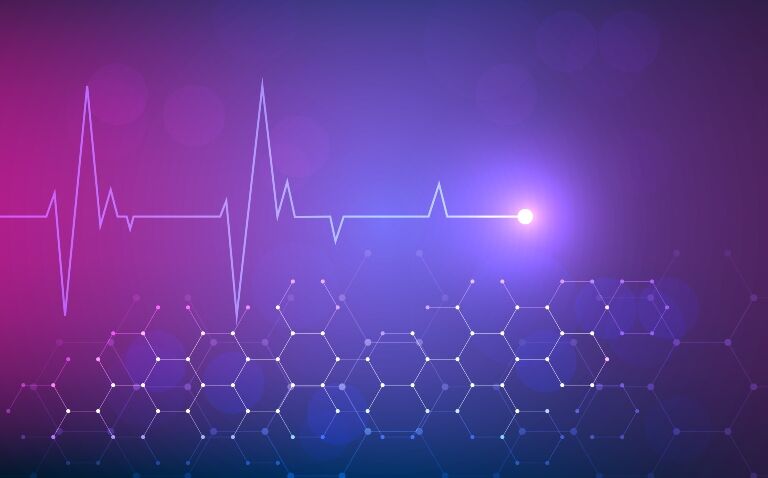An e-health programme developed by the Cardiology Centres Netherlands (CCN) has been rolled out to patients at Amsterdam UMC’s Heart Centre to supplement their care and support cardiologists.
The HartWacht mobile app (HeartGuard, in English) is suitable for patients with high blood pressure, cardiac arrhythmias or heart failure and uses a small measurement instrument, around the size of a cereal bar, to monitor their blood pressure and arrythmias at home.
Making it possible to take an ECG remotely, the app means patients need to visit their cardiologist less frequently. It also gives clinicians more precise measurements and enables them to act faster where necessary.
Amsterdam UMC is the first academic hospital to use this e-health programme, which was developed in 2016 by CCN where it is already being used to track data from more than 3,000 patients.
Michiel Winter, cardiologist at Amsterdam UMC, leader of the HartWacht project, and chairman of CCN’s Board of Directors, said: ‘Since we started the e-health programme we have seen a decrease in the number of ambulance-calls for these patients, and, because we can see what is going on with the patient from a distance, we can immediately reassure and advise or intervene where necessary.’
In addition, CCN analyses show the system results in fewer visits to the emergency department, and that patients who use HartWacht come to the outpatient clinic less often and need fewer nursing days.
Dr Winter said home monitoring with the e-health tool offers peace of mind for patients who often have to deal with lifelong heart disease. ‘It is very reassuring for patients [as] they immediately receive feedback in the app after a measurement,’ he added.
Clinicians can also help patients in a timelier manner with less unnecessary care, as all patient data collected by the app is analysed by a central team before any abnormal readings are shared with the patient’s cardiologist.
Jasper Selder, cardiologist and biomedical engineer at Amsterdam UMC and co-leader of the e-health project, said: ‘It relieves us of our worries because all non-abnormal health measurements are filtered out – often the bulk of all measurements – so that we can focus on patients with abnormal measurements.
‘As a cardiologist, instead of having to look at dozens of heart rhythm and blood pressure measurements during the – often busy – outpatient check-ups, we now receive an immediate notification if one of those measurements falls outside the expected range, so there is more time for the cardiologist to focus on patient care.
‘Deviations also come to light more quickly and not only during checks. Based on the abnormality detected, we can immediately determine whether action is needed, such as adjusting medication or an extra check-up.’
According to Amsterdam UMC, further applications for diabetes and cardiovascular risk management will be added to the e-health programme this year.










